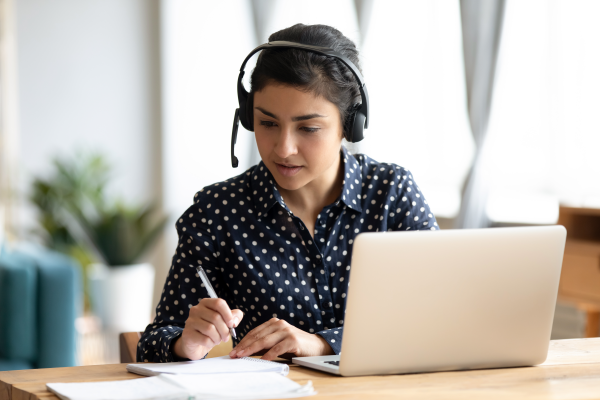Legal competence requires navigating new systems in a Covid-19 world and beyond.
Rule 1.1 of the SJC’s Rules of Professional Conduct for lawyers, says that lawyers “shall provide competent representation to a client. Competent representation requires the legal knowledge, skill, thoroughness, and preparation reasonably necessary for the representation.” The concept of competent representation has expanded from subject matter competence to, most recently, “keep[ing] abreast of changes in the law and its practice, including the benefits and risks associated with relevant technology, and engage in continuing study and education. See comment 8 to this rule, which you can find in this post discussing technology competence.
COVID-19 is a force of change for lawyers. Certain practice areas have become quiet, while others are screaming for help.
Technology is not simply nice to have; it’s required. The COVID-19 pandemic has transformed how courts do business and placed the virtual hearing front and center. As noted in the BBA’s June 30th program, Virtual Hearings — The “New Normal”?, “Cost savings may favor the continuation of remote litigation even after the pandemic is in the past.”
It’s fair to say that best practices for virtual hearings, which include knowing and conforming to local courts’ policies, are now part of what it means to be a competent lawyer under Rule 1.1. Find updates on the Massachusetts Court system response to Covid-19 here. In addition to reviewing the local court practices for your court and judge, learn the new virtual hearing guidelines for your practice area.
The Boston Bar Association has made it easier for lawyers to learn the new virtual hearing guidelines with their guides published on June 30, 2020. There are four different guides for practitioners to consult: BMC & District Court, Family Law, Housing Court, and Probate.
You can find ALL 4 GUIDES HERE.
Free & Confidential Consultations:
Lawyers, law students, and judges in Massachusetts can discuss concerns with a law practice advisor, licensed therapist, or both. Find more on scheduling here.




